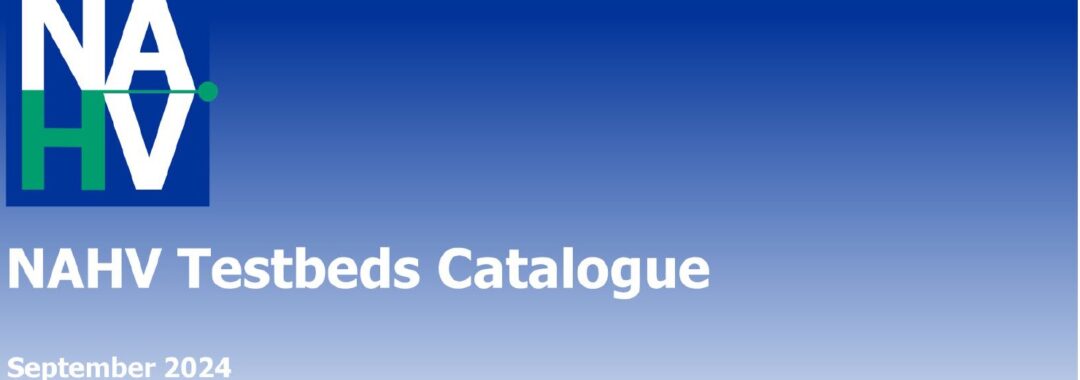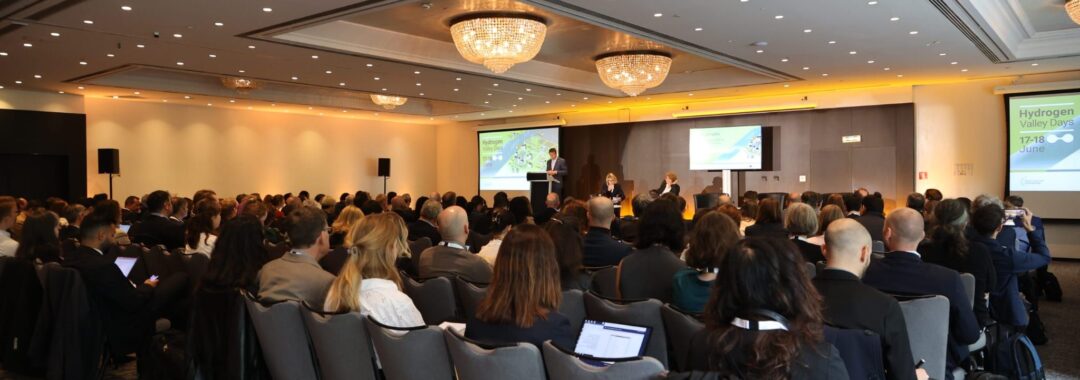The NAHV Testbeds Catalogue provides a comprehensive overview of the industrial initiatives driving the North Adriatic Hydrogen Valley (NAHV), a Horizon Europe project co-funded by the Clean Hydrogen Partnership.
NAHV’s Vision and Goals
As a public document, the catalogue aims to inform stakeholders about the nature, background, and implementation timeframe of the NAHV testbed projects. The NAHV Consortium, comprised of 37 partners, seeks to engage with interested parties and create opportunities for collaboration.
The NAHV project, established in 2021, is a collaborative effort between Slovenia, Croatia, and Italy’s Friuli Venezia Giulia Autonomous Region. It aligns with the European Green Deal and Hydrogen Strategy, aiming to create a hydrogen-based economic and social ecosystem.
Key Objectives and Achievements
- Testbed Development: The NAHV project focuses on developing 17 testbeds covering the entire hydrogen value chain, from production to distribution, storage, and end-use applications.
- Regional Integration: The project aims to connect industrial clusters, ports, and hydrogen valleys across Europe, enhancing the local hydrogen ecosystem and fostering inter-regional value chains.
- Quadruple Helix Approach: NAHV employs a collaborative approach involving academia, industry, government, and the general public to drive economic growth and job creation.
- Cross-Border Collaboration: As the first transnational hydrogen valley in the EU, NAHV demonstrates successful cross-border cooperation and integration.
- Hydrogen Production: The project targets an annual hydrogen production of over 5,000 tons, with at least 20% exchanged within the NAHV region.
- Replicability: NAHV aims to serve as a model for other regions in Europe, particularly in Central and Southeastern Europe.
The NAHV Testbeds Catalogue
This valuable resource provides detailed information about the testbed projects, their objectives, and the expected outcomes. It serves as a gateway for potential stakeholders to learn more about the opportunities and benefits of participating in the NAHV initiative.
The North Adriatic Hydrogen Valley project is a significant step towards realizing a hydrogen-powered future. By showcasing the innovative initiatives and collaboration opportunities within the region, the NAHV Testbeds Catalogue encourages engagement and participation from interested stakeholders.
Check the NAHV Testbed Catalogue!



